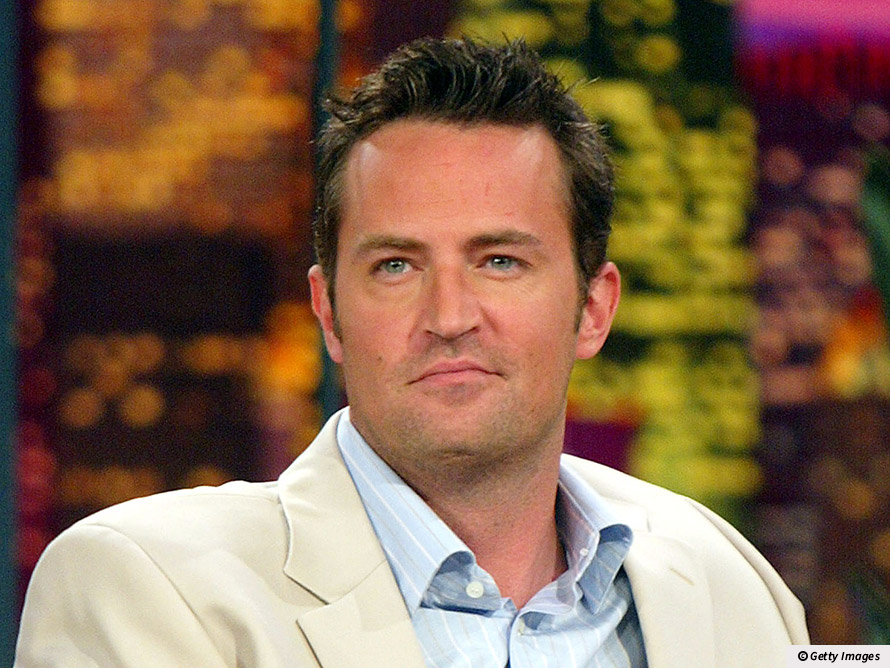Is alienation a modern plague? The sudden death of beloved actor Matthew Perry has shocked his fans. He faced addiction, but also the disease that defines our time: isolation.
The loneliness of the world’s best Friend
 Demons: Matthew Perry was open about his struggles with alcohol and pill addiction.
Demons: Matthew Perry was open about his struggles with alcohol and pill addiction. Glossary
Matthew Perry - An American and Canadian actor, best known for playing Chandler Bing in the sitcom Friends. He died aged 54, in October 2023.
Chronic - A condition which recurs over time, or lasts for several years.
Epidemic - A widespread disease or infection.
Mortality - Things that can die are mortal.
Urbanisation - The increase in the proportion of people living in towns and cities. It is predicted that by 2050 three billion people will live in cities.
Transience - The state of constantly moving or changing.
